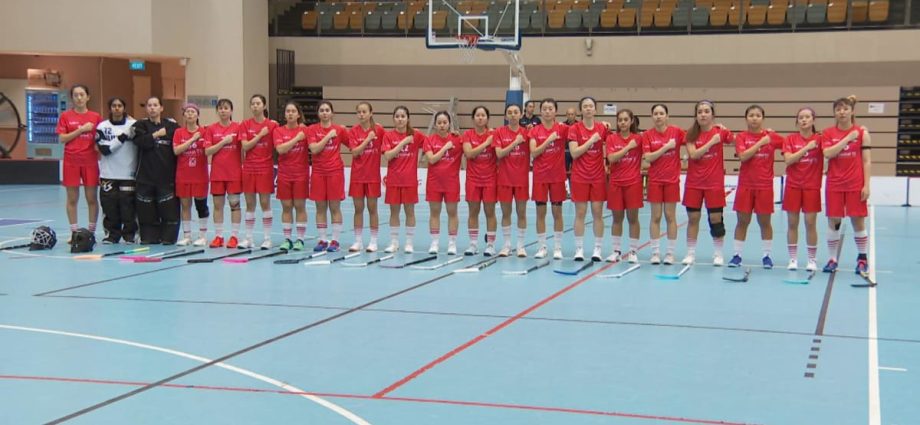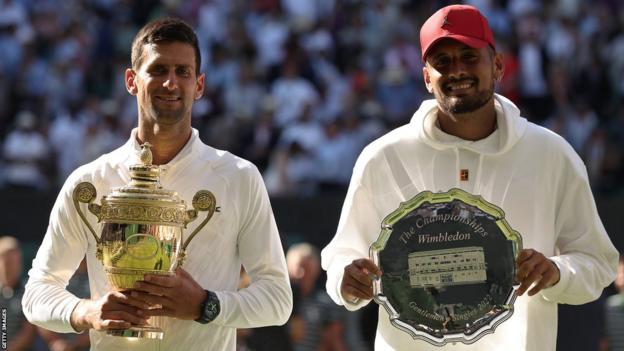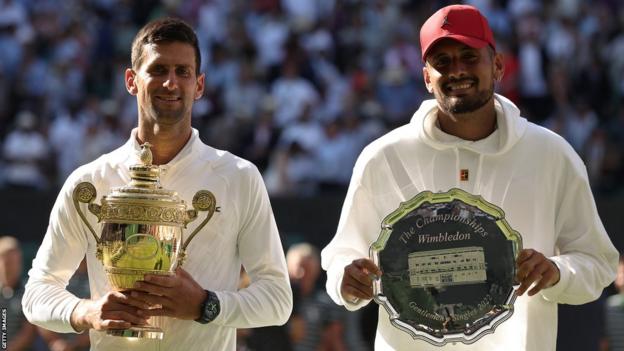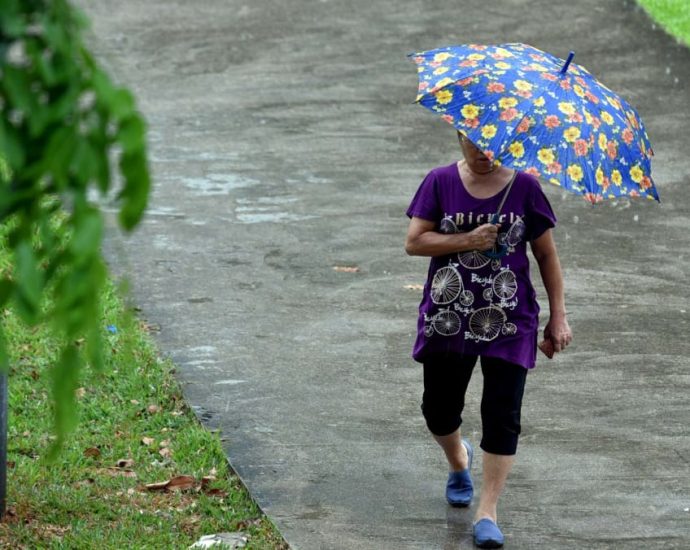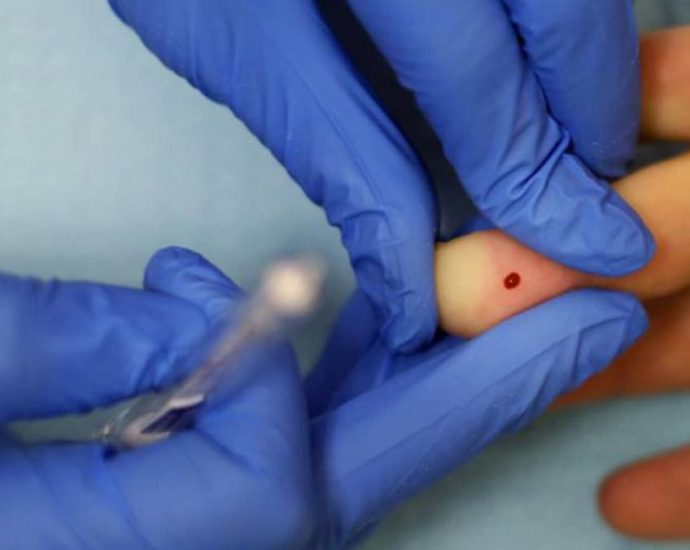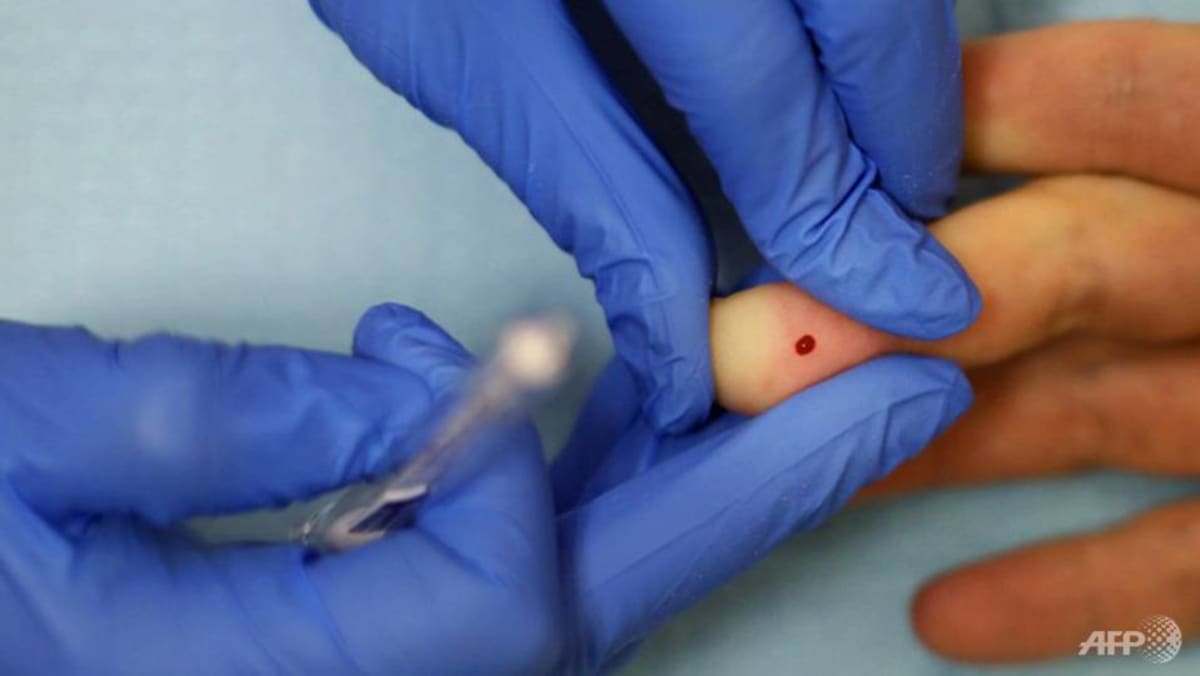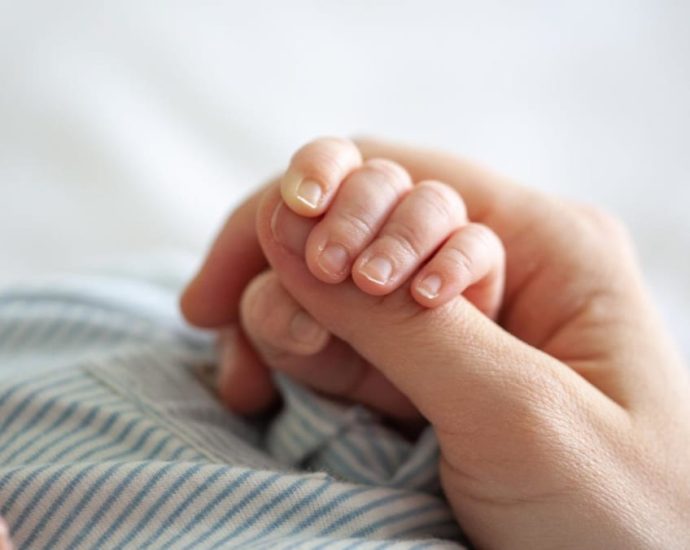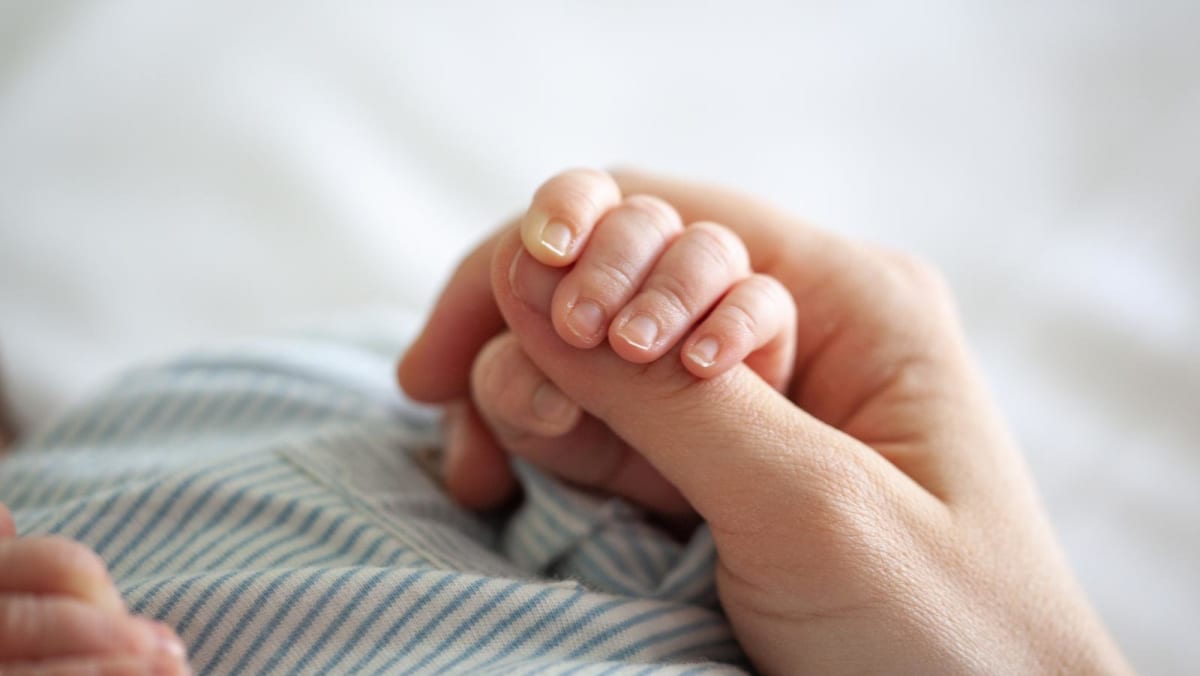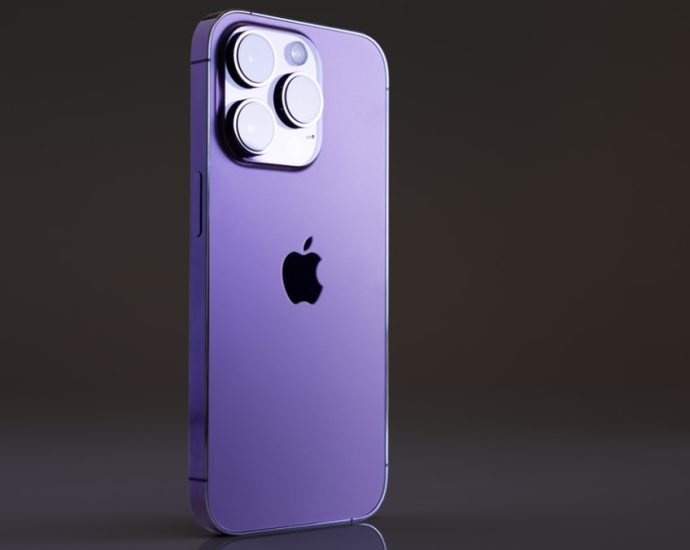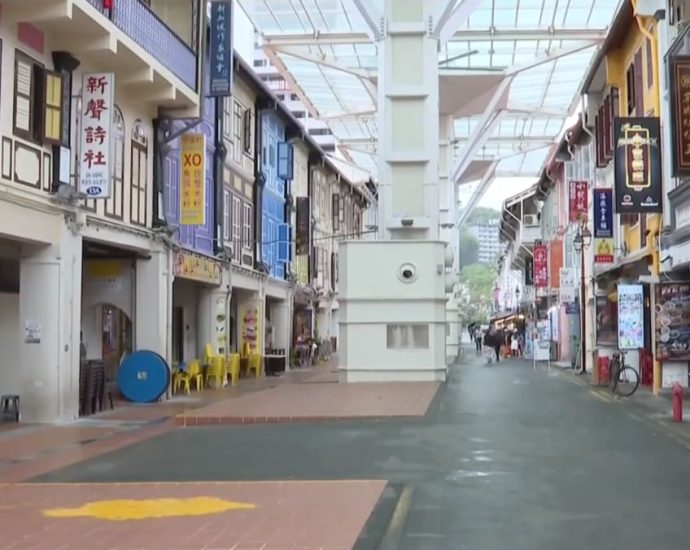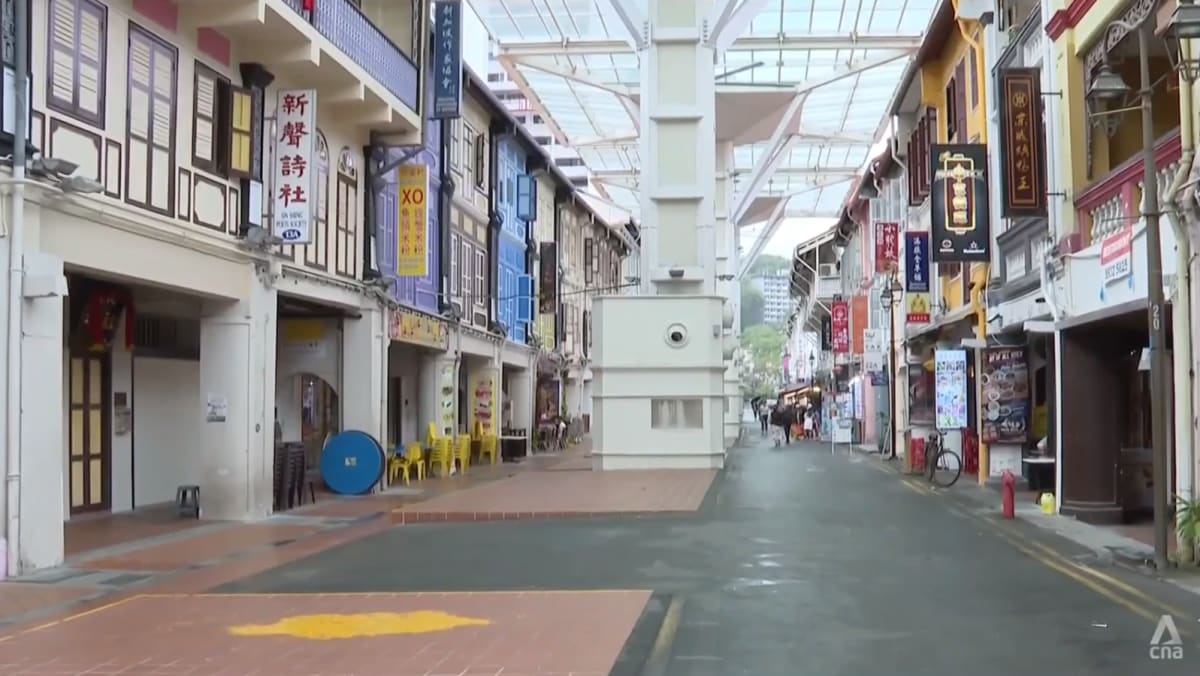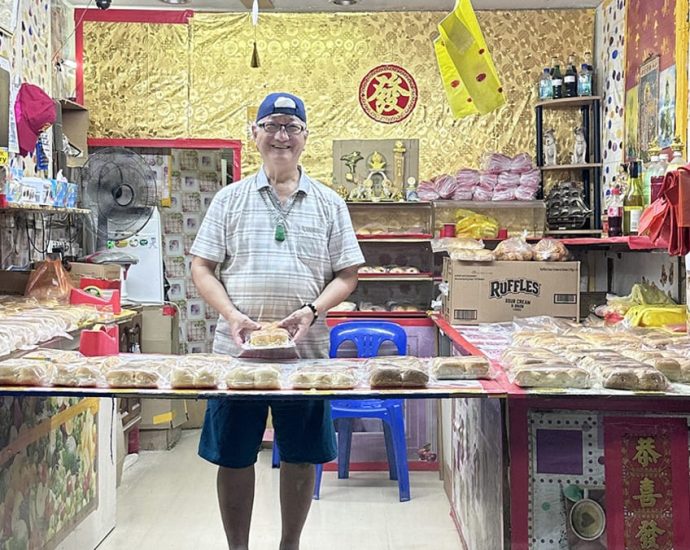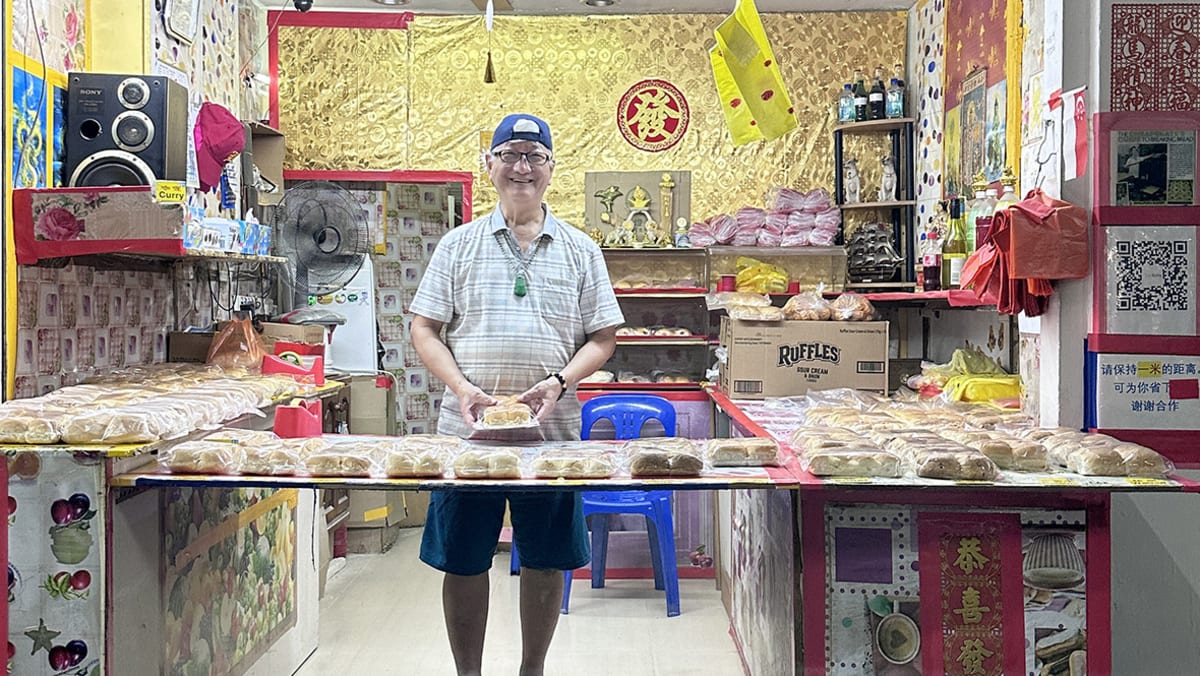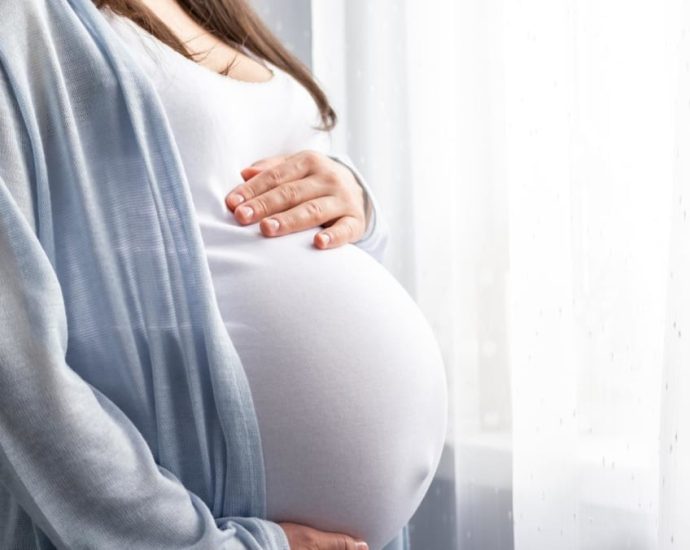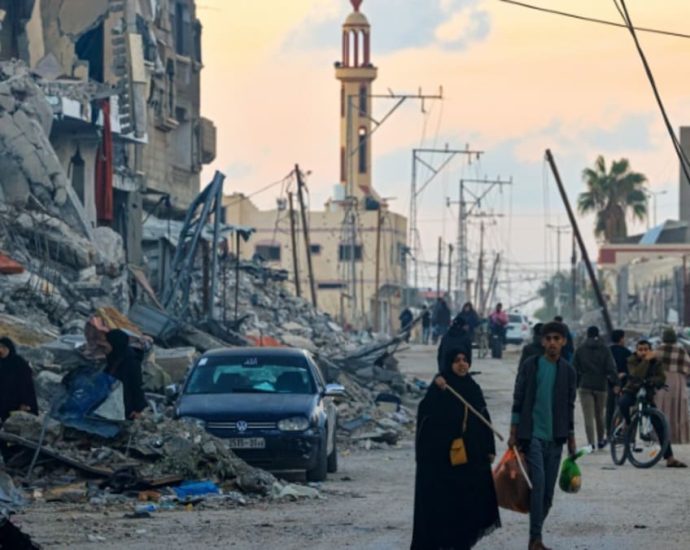Singaporeâs womenâs floorball team set sights on top-8 finish at World Championships
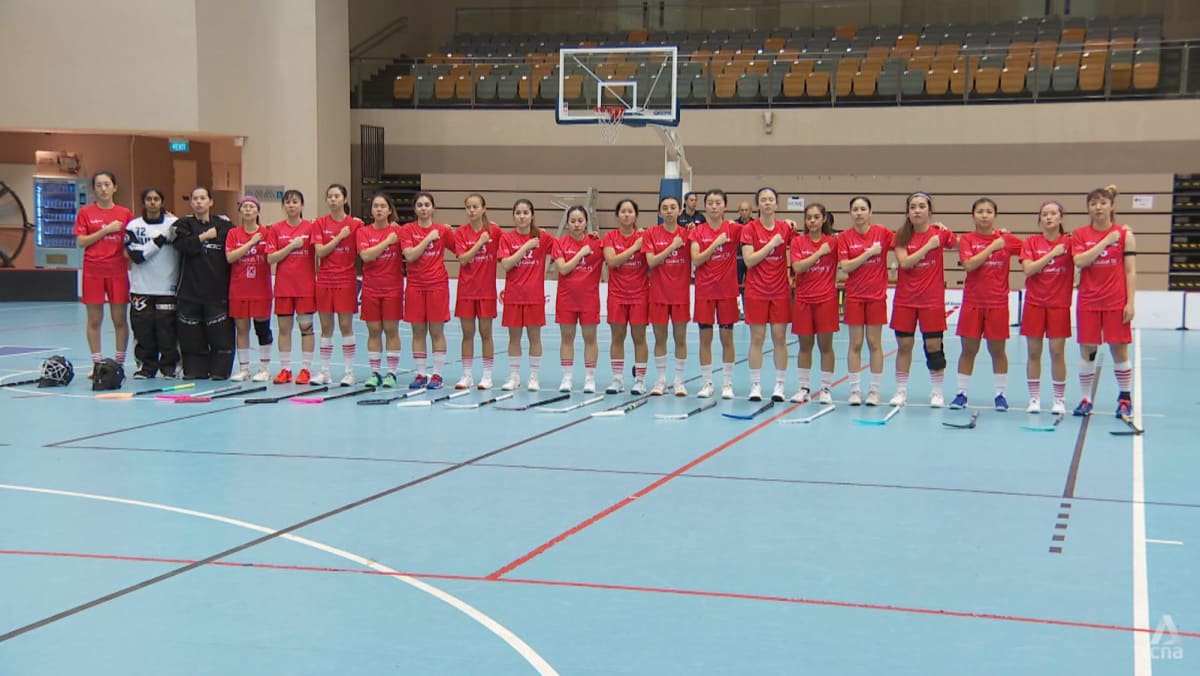
Better communication and understanding also means better morale within the team, she added.
Singapore will be fielding several debutantes in the championships, including 20-year-old Nasha Jeffri, who will be playing in just her second major competition.
While she is nervous, the SEA Games and training in Perth have made her feel more prepared for the big stage.
“The seniors have definitely helped a lot … let’s say if I have any doubts on the tactics or anything, they will always be there to answer my questions. And also if they have any feedback regarding what I can do better, they’ll always drop me a text, and screenshot from our training videos (to show) which area I can improve on,” she said.
ORGANISERS HOPE TO BOOST SPORT
Organisers are hoping that the action on and off the court will boost not just the local floorball community, but also bring in new fans.
When Singapore first hosted the tournament in 2005, floorball only had a small following in the country, said Mr Kenneth Ho, chair of the Women’s World Floorball Championships 2023.
However, the sport has grown and is now practiced in many schools, he noted.

